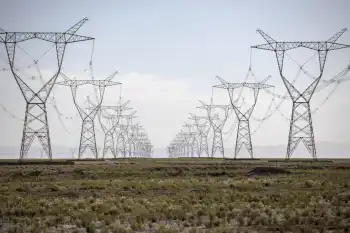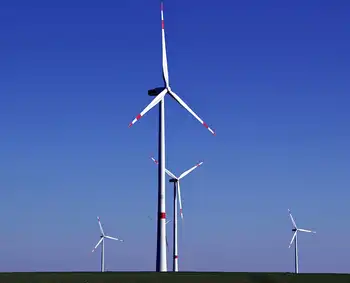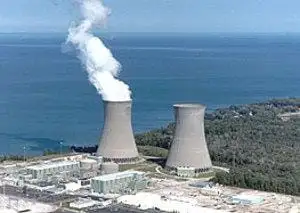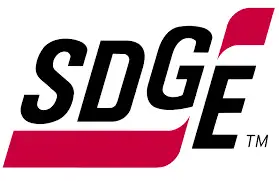Carbon price drops in Northeast U.S. auction
By Associated Press
Protective Relay Training - Basic
Our customized live online or in‑person group training can be delivered to your staff at your location.

- Live Online
- 12 hours Instructor-led
- Group Training Available
The year-old Regional Greenhouse Gas Initiative caps the total amount of carbon dioxide electric power plants are allowed to generate in the region. Electricity generators are then required to buy "allowances," each representing a ton of carbon dioxide, to cover their emissions. As they reduce emissions, they can sell excess allowances at auction and trade them on commodities markets.
At the latest quarterly auction, 28.4 million allowances sold for $2.19 each — down from $3.23 at the June auction and $3.51 in March, RGGI officials announced. Another 2.2 million allowances sold for $1.87 each in a parallel auction of allowances that can be used in 2012. That's down from $2.06 in June.
Pete Grannis, New York's Commissioner of Environmental Conservation and chairman of the RGGI board, attributed the lower price to the poor economy and uncertainty about what's going to happen in Congress with a national carbon-reduction program.
"We have the only up-and-running carbon cap-and-trade program in the country, and it's been a huge success," Grannis said. "RGGI has established a price for carbon and demonstrated that auctions are an efficient and effective way to allocate carbon allowances."
He said the price decline wasn't a reflection of the program's performance.
"Price fluctuations are expected in an emerging market," Grannis said.
According to one analyst, the lower price also reflects an overall decline in actual emissions.
"It's basic supply and demand," said Emilie Mazzacurati, an analyst with Point Carbon, which tracks the international market for carbon emission allowances. "Right now there's more supply than demand, so prices are going down."
Mazzacurati said the number of carbon allowances available exceeded the amount of emissions being produced by power plants for several reasons, including lower electrical demand over the mild summer and a switch from coal to cheaper and cleaner-burning natural gas.
The price would likely be even lower if not for the expectation that RGGI allowances could have value under a future federal carbon cap-and-trade program, Mazzacurati said.
"That gives an incentive to buy some and bank them for future years," when increased demand drives the price higher, she said.
Critics of the program say the states didn't set the carbon cap low enough to achieve the goal of forcing polluters to reduce emissions by making it more costly to pollute than to switch to less-polluting fuels or technology.
Since it was launched in September 2008, RGGI has brought in $432.7 million to the participating states: Connecticut, Delaware, Maine, Maryland, Massachusetts, New Hampshire, New Jersey, New York, Rhode Island and Vermont. Bidders have included electric utilities, manufacturers, financial institutions, environmental groups, and individual investors.
The 10 states use the income for energy efficiency, renewable energy, and technology development programs.
Every major power plant in the region now reports quarterly carbon emissions to the public in an emissions and allowance tracking system.
The climate bill that passed narrowly in the House in June would establish a national cap-and-trade system similar to RGGI but including industrial sources as well as electric plants.











